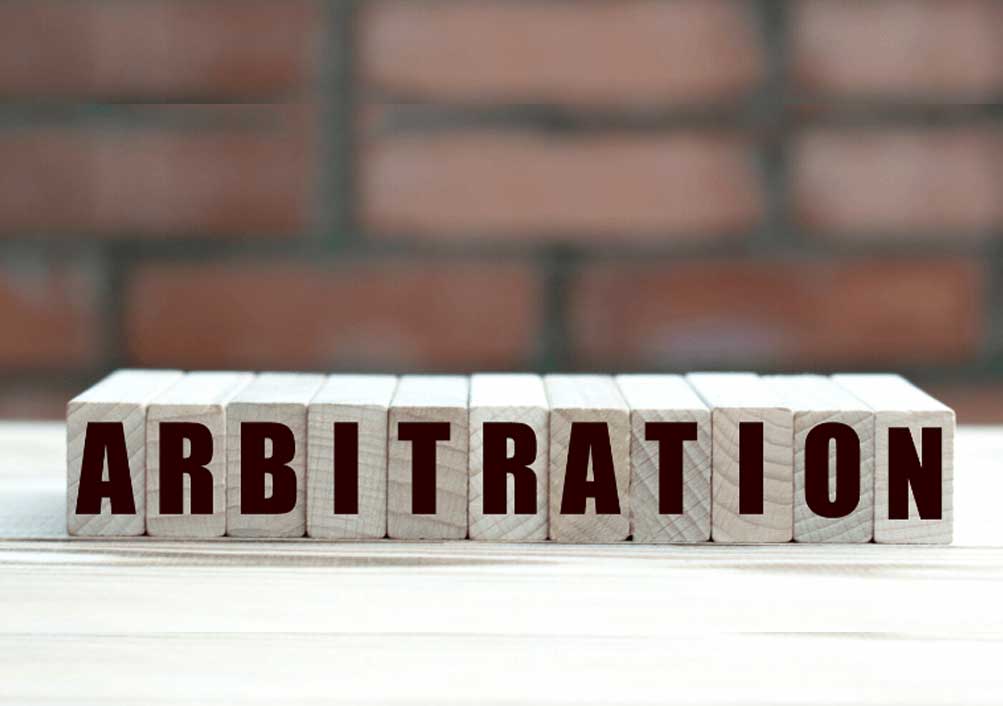In O.M.P. (COMM) 11/2021 & I.A. 3035/2021- DEL HC- Antrix Case: Awards passed by Arbitral Tribunal should not be in conflict with basic notions of justice or contrary to national economic interest, says Delhi HC while setting aside arbitral award directing Antrix to pay $562 to Devas
Justice Sanjeev Sachdeva [29-08-2022]

Read Order: ANTRIX CORPORATION LTD v. DEVAS MULTIMEDIA PRIVATE LIMITED
Mansimran Kaur
New Delhi, August 30, 2022: The Arbitral Tribunals while passing awards should bear in mind that provisions of the ‘FIPB Policies’ and of ‘FIMA’ and ‘PMLA’ are not violated in order to keep the awards thetical to the fundamental policy of Indian law, the Delhi High Court has held while setting aside an arbitral award directing Antrix Corporation Ltd, an arm of ISRO, to pay USD 562 to Devas Multimedia Pvt Ltd.
A Single-Judge bench of Justice Sanjeev Sachdeva allowed the petition preferred by the petitioner – Antrix Corporation Limited, by the petition under Section 34 of the Arbitration and Conciliation Act, 1996 . The petitioner was seeking setting aside of the Arbitral award dated September 14, 2015 passed by the Arbitral Tribunal constituted by the International Chamber of Commerce allowing the claim of the Respondent – Devas Multimedia Private Limited.
The Single Judge bench was of the view that the Arbitral Tribunal committed patent illegality in the award as findings on some issues were contradicted by the findings on other issues and were also contradicted by the reasoning given to reach the said conclusions.
Antrix sought winding up of Devas under Section 271(c) read with Section 272(1)(e) of the Companies Act, 2013 before the National Company Law Tribunal alleging that Devas was formed for a fraudulent and unlawful purpose and its affairs had been conducted in a fraudulent manner. On January 19, 2021 , a Provisional Liquidator was appointed by the NCLT and by final order dated May 25, 2021 NCLT allowed winding up of Devas.
The order of winding up was challenged by Devas and Devas Employees Mauritius Private Limited before the National Company Law Appellate Tribunal.
NCLAT by its order dated September 8, 2021 dismissed both the appeals. Thereafter the orders were assailed before the Supreme Court of India. The Supreme Court by its judgment dated January 17, 2022 dismissed the appeals.
IA. of 2021 was filed by Devas Employees Mauritius Pvt. Ltd. (DEMPL) seeking impleadment in these proceedings, alleging that the official liquidator was not acting in the interest of Devas thus necessitating DEMPL to seek impleadment to protect the interest of Devas.
By the Impugned award dated September 14, 2015 the Arbitral Tribunal held that the termination of the Contract on the part of Antrix amounted to wrongful repudiation of the contract and accordingly Article 7(b) of the contract did not limit Devas entitlement to alleged damages that it suffered by reason of Antrix’s repudiation of the Devas Agreement. The Tribunal thus directed Antrix to pay US$ 562.2 million to Devas besides interest.
After hearing the submissions of the parties, the Court noted that the Arbitral Tribunal committed patent illegality in the award as findings on some issues were contradicted by the findings on other issues and were also contradicted by the reasoning given to reach the said conclusions.
In furtherance of the same, the Court also noted that findings on fraud returned by the Supreme Court by its Judgment dated January 17, 2022 clearly established that the award contravened the fundamental policy of Indian law while being in conflict with the most basic notions of justice and was also contrary to the national economic interest having also violated the ‘FIPB Policies’ and the provisions of ‘FIMA’ and ‘PMLA’ and thus antithetical to the fundamental policy of Indian law.
The Supreme Court by its judgment dated January 17, 2022 held that the very seeds of the commercial relationship between Antrix and Devas were a product of fraud perpetrated by Devas and thus every part of the plant that grew out of those seeds, such as the Agreement, the disputes, arbitral awards etc., were all infected with the poison of fraud, the Court further noted.
In view of the above, the objections filed by the petitioner under Section 34 of the Act were allowed and it was held that the impugned award dated September 14, 2015 suffered from patent illegalities and fraud and was in conflict with the Public Policy of India.
The petition was accordingly allowed and the impugned award was hence set aside.
Sign up for our weekly newsletter to stay up to date on our product, events featured blog, special offer and all of the exciting things that take place here at Legitquest.




Add a Comment